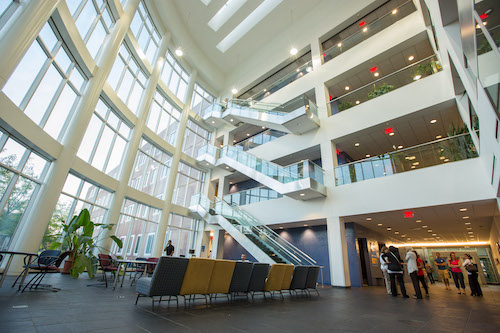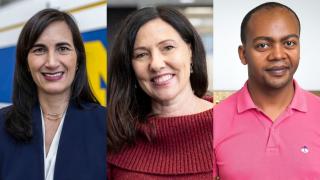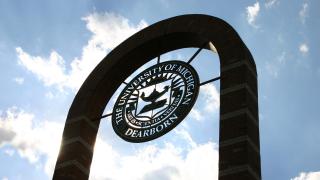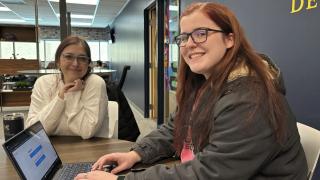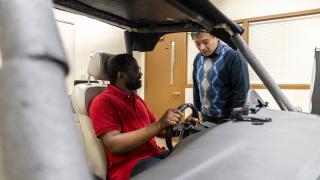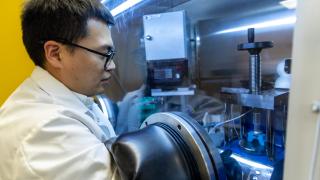As you know, the UM-Dearborn community is currently engaged in a strategic planning process to build a vision for the university’s next decade and beyond. Thus far, much of that work has fallen to five working groups, which have been compiling compelling ideas to improve everything from how we use physical spaces on campus to faculty research to student success. At three town halls next week, the larger campus community will have an opportunity to provide feedback about each working group’s report — and offer up their own ideas. To get you ready for those forums, we’re breaking down several big themes from each group. We covered three working groups in a previous post. Below, you’ll find highlights from the two remaining groups. For a deeper dive, you can also find summaries and full reports from each working group.
Staff Development (SD)
Leadership training for supervisors. Managers and supervisors are some of the most influential people in the workplace, but the Staff Development (SD) group said we could be doing more to help them become strong leaders. One idea: Create more learning opportunities for them, like a strategic leadership academy or training series, where supervisors (including new hires) could grow their management skills and build a working understanding of important university policies. The goal is to ensure a more consistent workplace culture, with an emphasis on fairness and inclusion.
Rethinking the workplace. The SD workgroup final report also included some interesting ideas for promoting a more flexible, creative workplace. They suggested looking for opportunities for more telecommuting, which aligns with U-M’s effort to reach net-zero carbon emissions; and even reexamining whether the typical 9-5 workday is optimal in all cases. Another cool idea: Reimagining the office as a multi-functional space that includes more amenities like treadmills or designated quiet spaces.
Creating pathways for employee advancement. Feeling like you’re growing and learning in your role can fuel employee satisfaction, and the SD group had several recommendations for supporting this culture at UM-Dearborn. Some of their ideas included creating a “succession plan” for staff members to identify and train new leaders for anticipated vacancies; allowing staff to create their own job descriptions; creating an internal staff-to-staff mentoring program; and launching a job shadowing program that allows UM-Dearborn staff to learn from employees in other industries.
Scholar-Teacher (ST)
Broadening our understanding of scholarship. UM-Dearborn has a proud tradition of nurturing faculty who are not only impactful scholars and researchers but excellent teachers. Going forward, the Scholar-Teacher working group recommends looking at ways to broaden our understanding of “scholarship” even more. Taking cues from the Boyer model, we can establish systems that judge and value faculty not only by traditional measures (like the number and placement of peer-reviewed publications); but things like the social impact of their research on their communities, their contributions to pedagogical practices of the institution, their positive impact on the university’s intellectual climate, and their ability to work across disciplines.
Establish a Research Hub. With research becoming a bigger part of UM-Dearborn’s portfolio, the Scholar-Teacher group says we can fuel that momentum by establishing a formal Research Hub. This new physical space on campus would provide a place for faculty to work across disciplines, forge research partnerships, share advice on publishing and grant writing, and support junior faculty and students who are building their research careers.
Make student research an institutional priority. We’ve built a lot of momentum for student research over the past decade. Two cases in point: Many of our marquee labs are powered by dynamic teams of undergraduate and graduate students; and our Summer Undergraduate Research Experience (SURE) program has now expanded those opportunities to an even bigger body of students. The Scholar-Teacher working group says we can expand on this work by organizing a dedicated funding source and program to support student research, and providing adequate funding to support grad students presenting at conferences.

